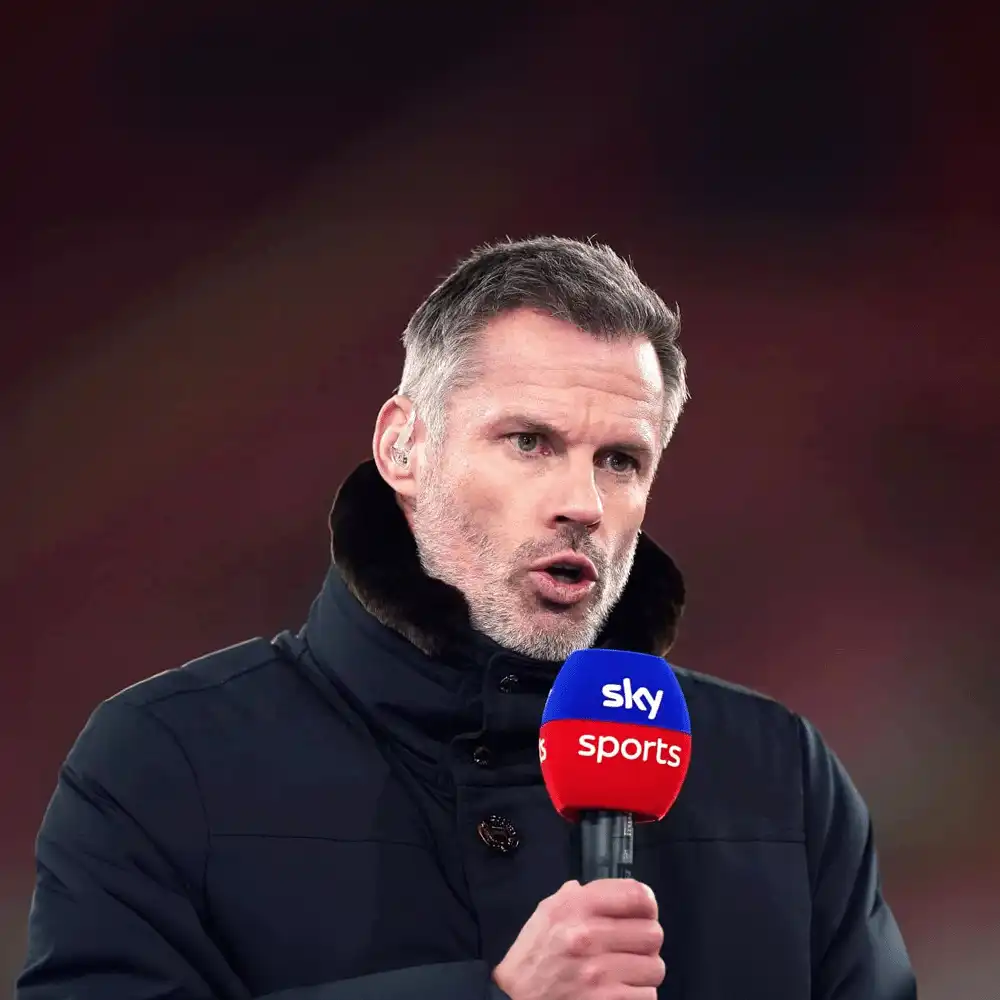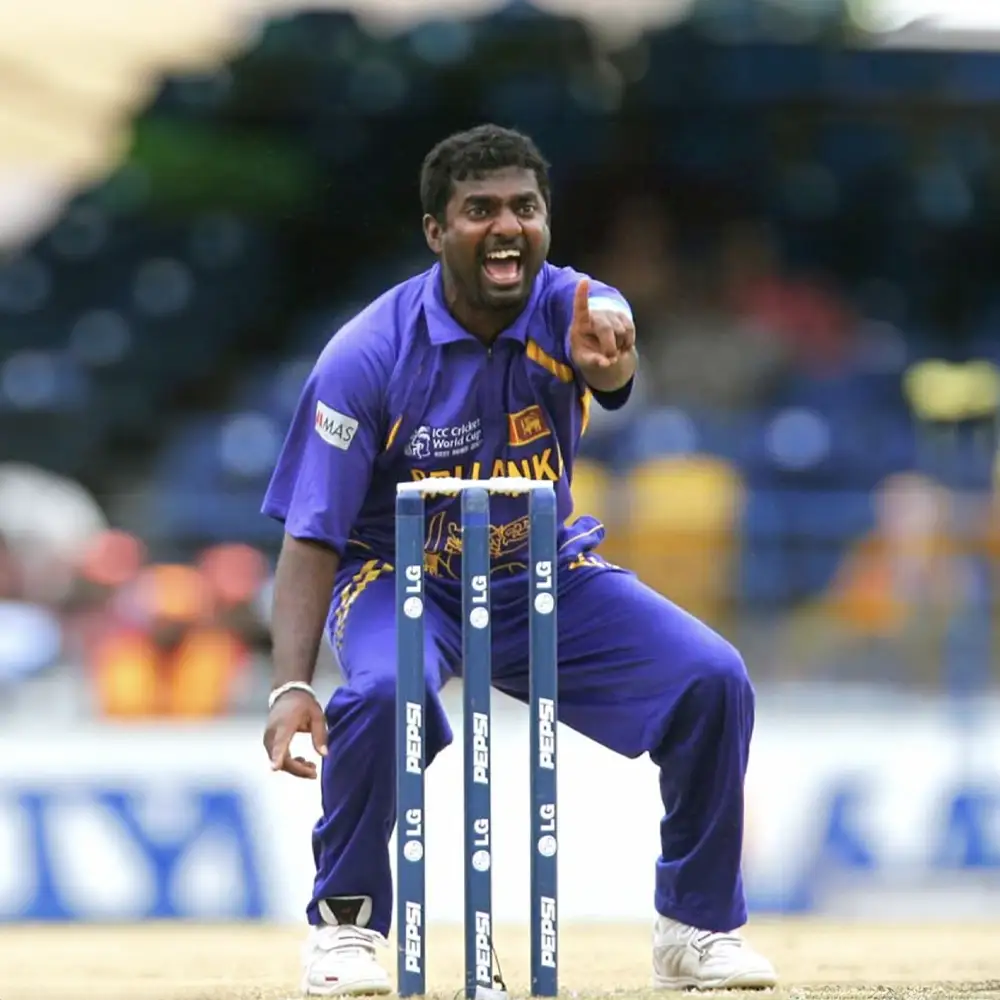

Carragher Questions Referee Decisions
Virgil van Dijk’s recent dismissal during a match between Liverpool and Newcastle has sparked a discussion about the fairness of the decision. On the other hand, Trent Alexander-Arnold narrowly avoided a second yellow card in an earlier incident. Jamie Carragher and Gary Neville offer their perspectives on the referees’ decisions.
The game was marked by a series of controversial moments. Alexander-Arnold, Liverpool’s defender, found himself walking a thin line after receiving an initial yellow card for time-wasting. Shortly after, he stopped a counter-attack by fouling Anthony Gordon. Despite the potentially serious implications of his actions, the referee refrained from showing a second yellow card and chose to issue a warning instead.
Jamie Carragher, a knowledgeable football analyst, weighed in on these occurrences. He acknowledged that Alexander-Arnold deserved the first yellow card due to throwing the ball away, as per the rules. However, he questioned the referee’s decision not to recognize the foul committed by Gordon and therefore not give a second yellow card to Alexander-Arnold. Carragher believed that the initial missed call influenced the referee’s subsequent decision to be lenient.
I think the referee has made two mistakes there. Initially Alexander-Arnold has been fouled and we’ve all been there – you would throw the ball away. You have no time to think about a yellow card coming.
I think that plays on the referee’s head. The referee has panicked on the second one, and thought maybe the first one was a foul on Alexander-Arnold, can I get away with not giving him a red card early on?”

A Showcase of Talent: Rohit’s Standout Performances
Gary Neville, also a seasoned commentator, agreed with Carragher on Alexander-Arnold’s first booking, considering it an unnecessary and common offense. Neville noted that the referee faced a challenging situation when it came to the second incident involving Alexander-Arnold. The defender’s actions, specifically placing his arm on Gordon, could have resulted in another yellow card if not for his earlier booking.
The first booking is a needless one, we’re still getting used to the new rules. He just throws it away, which is now a standard booking. He feels hard done by and is pushed and throws the ball away. The second incident is too big for him [the referee]. He doesn’t want to make the decision. Alexander-Arnold is lucky. He steps out to the left and puts his arm across Gordon. He knows one more and he’s done. I’m convinced that if he wasn’t on a yellow card, he would get one for that.
The pivotal moment arrived when Virgil van Dijk received a straight red card for his challenge on Alexander Isak, which denied a potential goalscoring opportunity. Carragher expressed his dissent, asserting that although Van Dijk’s challenge was imprudent, it did not warrant a red card. He raised the question of how one can definitively label an opportunity as “clear” in such situations.
“Van Dijk does a lot wrong – being lazy coming across and the challenge is ill-advised, but I don’t think there’s a red card. How do you know that’s a goalscoring opportunity?”
Neville’s perspective differed slightly from Carragher’s. He analyzed the incident, highlighting Van Dijk’s rash decision to challenge Isak. Neville felt that Van Dijk’s attempt to win the ball was poorly executed, leading to a foul and subsequent red card. He emphasized that this type of situation was one in which players should refrain from overcommitting, especially when a red card looms as a consequence.
Both managers, Jurgen Klopp of Liverpool and Eddie Howe of Newcastle, also provided their thoughts. Klopp acknowledged that while Alexander-Arnold deserved a yellow card for throwing the ball away, he believed that a foul had been committed on the defender earlier. He argued that the referee should have recognized the foul on Alexander-Arnold and not issued the yellow card. Regarding Van Dijk’s red card, Klopp opined that it was an unintentional contact while going for the ball.

Latest News
Carragher Questions Referee Decisions
Hayden Picks India Squad: Samson In, Key Player Out
Who is Mushfiqur Rahim?
Athletes Couples who married one another
PKL10 Auction: 3 Potential Stars for Bengal Warriors
– Advertisement –
– Advertisement –
– Advertisement –
– Advertisement –
– Advertisement –
